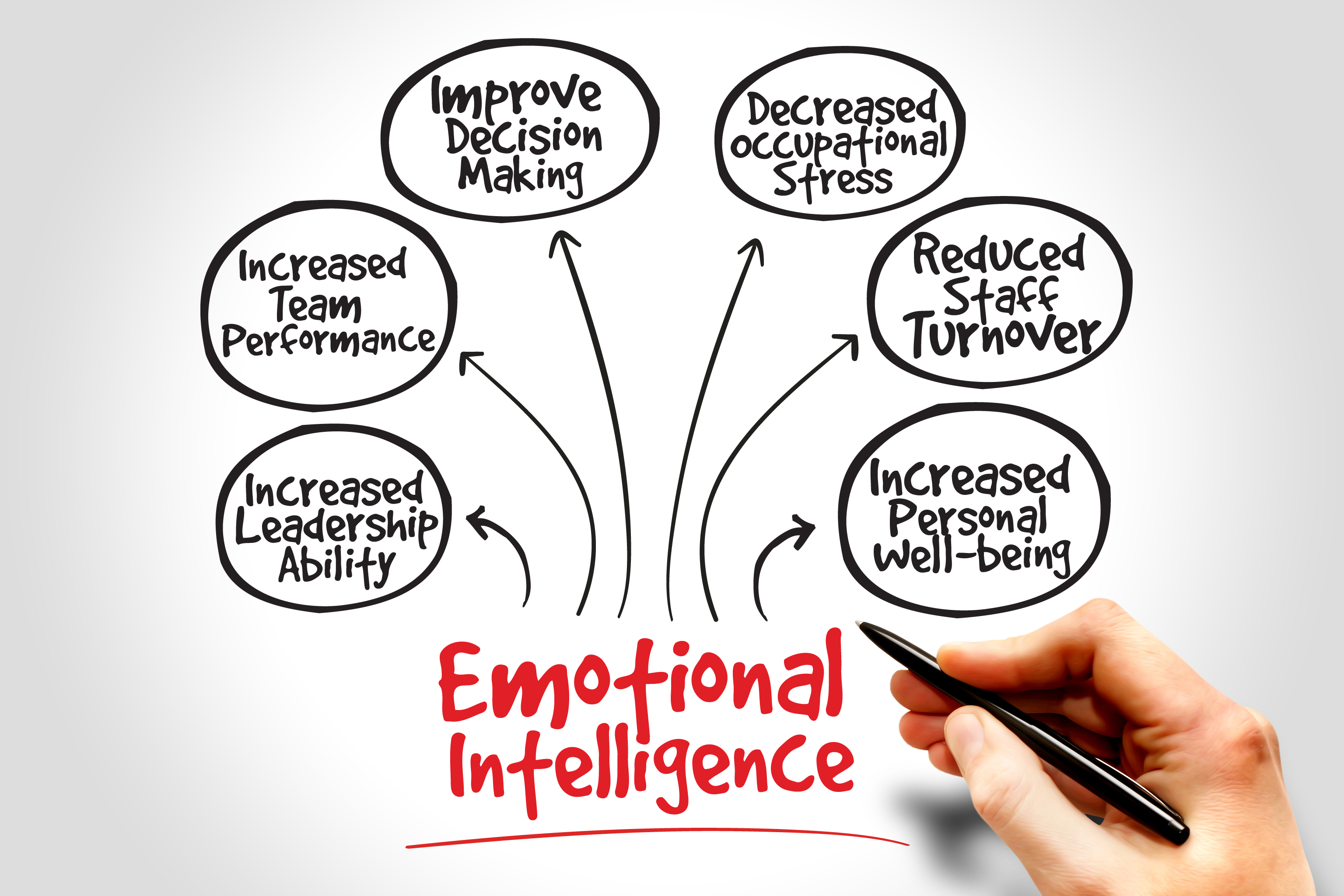Table of Contents
When we discuss soft skills, we tend to think of soft skills which are fluffy and not really important because they will not help grow our business or career how wrong we have been. However, most business leaders recognise that soft skills are essential in today’s world. Critical thinking, complex problem solving, resilience, flexibility, creative thinking, originality, initiative, emotional intelligence, and many other soft skills are needed to survive in this world.
We define the skills as Hard skills, which are technical skills needed to do a particular job. Soft skills are those social skills and attitudes which enable us to interact effectively with others.
Hard skills are the easily measurable skills needed to perform a specific job. Soft skills are the behavioural and interpersonal skills required to work well with other people.
What Are Soft Skills?

Soft skills are character traits and personal skills that characterise relationships with others. These skills are considered complementary to hard skills in the workplace, which refers to a person’s knowledge and professional skills. Sociologists may also use this term to describe a person’s emotional intelligence quotient (or EQ) instead of an Intelligent quotient IQ.
Soft skills include being friendly, kind, helpful, patient, courteous, polite, respectful, considerate, understanding, sympathetic, empathetic, tolerant, flexible, adaptable, accommodating, cooperative, conscientious, reliable, trustworthy, responsible, honest, punctual, organised, detail-oriented, goal-oriented, motivated they are considered transferable skills because they apply to all work settings.
Why Are Soft Skills Important?
Soft skills are the difference between inadequate candidates and ideal candidates. Most recruiters focus on technical ability and specialist knowledge when recruiting. However, every job role requires some interaction, whether with other employees or clients. Therefore, soft skills will be essential for most employers.
Recruiters want to see if someone has leadership skills. They may ask about your past experiences or what you’ve done before joining them.
Soft skills are essential when dealing with people. Doctors need to know how to interact with people and feel comfortable. This makes them more effective as doctors.
Salespeople need soft skills and interpersonal skills to be successful. Likewise, customer service professionals need organisational skills and empathy and listening skills.
The work-based team will work more effectively if they understand the value of soft skills in developing good communication. These skills are also crucial for employees who want to progress within an organisation or company.
Top soft skills with examples
Soft skills include innate personality traits that can be learned. These skills can help you during your job search.

Communication
Effective communication skills will help you succeed in interviews and your career. You must learn how to communicate effectively with people different from you. For example, you need to disagree with others on a project without causing conflict tactfully.
Problem-solving
Employers highly value people who are quick to solve problems. Quickly resolving issues requires immediate action and consulting with others to find a scalable, longer-term solution.
Creativity
Creative people are often very innovative and creative. They can think outside the box and develop ideas that others might not have thought about before. This makes them great problem solvers. They can also be very imaginative and inventive. They are usually very flexible and adaptable as well.
Adaptability
I’m very adaptable. I can change my behaviour when necessary. it is about being flexible in the approach when encountering new problems, or situations. I can also be flexible about how I approach problems.
Work Ethic
- Work ethic is the ability to do what needs to be done without complaining or being lazy.
- Having a strong work ethic helps you get along with others.
- Employers prefer workers who show enthusiasm over those who seem uninterested.
A resume should include personal skills that show you’re a hard worker who pays attention to detail. You’ll also need to practice organisation, persistence, integrity, perseverance, results-oriented thinking, and time management.
How do I demonstrate soft skills on my CV?
A resume should include personal soft skills that show you’re a hard worker who pays attention to detail. You’ll also need to practice organisation, persistence, integrity, perseverance, results-oriented thinking, and time management.

Soft skills are important, but you also need to demonstrate how you apply them. Therefore, you should include specific examples of using these skills in real-life situations.
And the best part? A long list of desirable skills will be provided for you in your job description. You’ll need to prove them. If you’re struggling to develop good examples, use the S-T-A-R technique to get you started. Five line descriptions that kill your CV.
The S-T-A-R technique is a method of answering questions that are comprised of four steps:
- Situation: Describe the problem you encountered.
- Task: Explain how you tackled the task and what was the objective.
- Action: Discuss the details about the action you took to attain this.
- Result: Conclude with the outcome of your action.
Why are soft skills important?
Soft skills are vital because we interact with others every day. Developing soft skills helps us get better jobs and win more business.
Soft skills are essential because they help you get things done. You need to develop them if you want to succeed. Leadership, delegation, teamwork, communication, and positive interpersonal relationships are essential to building your career or business organisation.
Soft skills are essential in our professional and personal lives because we need them to communicate effectively. For example, we use soft skills to negotiate prices, mentor children, and even talk to our friends.
What Are the Key Soft Skills?
Let’s discuss the essential skills employers seek; this is not an exhaustive list but a valuable guide to highlight the critical skills sought after by employers.
Communication skills
Good communication skills are necessary for every leader. Employees need to be inspired by leaders who communicate well. Likewise, leaders should be persuasive and inspire others to work hard. Poor communication leads to delayed projects, missed deadlines and failures. Poor communication leads to low morale leads to employee disengagement. Missed performance targets result in lost sales. To the vast range of communication tools now available (two examples Zoom and Microsoft Team Online); the Covid pandemia has forced us all to change the way we do things, y with the movement towards hybrid working in the future; there’s no excuse for not having 1-2-1 meetings or, even better, face-to-face ones. Technology allows quick and effective ways to ensure you stay up to date with 1-2-1’s, meaning you’ll be able to maintain seamless communication with your entire team and keep them all on the same page.
Empathy
Empathy is an essential leadership skill. Good leaders listen to others and understand what they need. This builds trust and makes people feel loyal to the leader. In addition, a leader should be empathetic because this helps them lead well. Listening to others allows us to understand their wants, needs, and problems. It gives us insight into why they act the way they do. Listening also teaches us how to relate to others. If we don’t know someone, connecting with them is hard.
Delegation
A critical skill for any manager is delegation. Managers who are unable to delegate tasks may be ineffective. Effective delegation requires understanding how the process works.
You must first establish your team with the required knowledge and tools to complete tasks successfully. Next, be available to help your team members when they need it. Remember, delegation is not dumping a job on someone.
The best leaders are always those who inspire others to perform better. They encourage people to stretch beyond what they think they can achieve and provide guidance along the way. New challenges and opportunities create a happy team and give them more time and energy to work on other vital projects.
Flexibility
Adaptable leaders view change as an opportunity to grow and learn. You can help your staff view change positively too and embrace new challenges. For example, today, companies need to move incredibly fast to remain competitive. This means that you should be flexible enough to work in different ways. Likewise, your team may need to adapt to various roles and responsibilities.
Teamwork skills
Teamwork is an essential skill for leaders. To make sure your team works well, you should work hard to get them to agree on what needs to happen.
Then, work out what motivates them.
What do they care about?
Having a good understanding of the team dynamics, you’ll know how to tackle any issues that may arise
Teamwork can be challenging when working with other people. Everyone needs to understand their job and how it fits into the bigger picture. Clear goals should be set and communicated to everyone involved. Good communication channels should be established and used. Delegating tasks to others can help them learn more about their jobs and become better at their work. Regular progress reviews should ensure everyone is doing their part well. Poor performance should be dealt with quickly and appropriately.
Companies should praise employees’ achievements. Leaders should lead by example. Conversely, employees should be encouraged to leave if they feel unhappy about its culture.
Problem-solving skills
Analytical and creative thinking is essential when solving problems. Having a plan and being organised is also helpful. You can get help from others who have different skillsets.
Leadership skills
A leader can motivate employees, create an environment where people want to work every day, and manage a team effectively. Leaders can both influence others and make decisions based on fact rather than emotion. To be successful, leaders must develop strong communication skills, set clear goals, and know when to delegate tasks.

Take Away Message
Soft skills encompass a range of transferable skills such as the ability to work effectively within a group, yet still having the ability to work independently when needed and working to the timescales required by any project you are managing. This includes focusing on a task without getting distracted or losing track of what needs to be done.
A critical soft skill involves self-management; this includes planning your workload and taking responsibility for your actions, and having the flexibility to change and respond quickly to new situations and opportunities being business or personal.
Communication includes the ability to be competent in developing robust relationships and have strong active listening skills and be able to communicate effectively. A critical soft skill is developing your emotional intelligence; this includes empathising with others, understanding people’s feelings, and acting appropriately to gain trust, which is key to any relationship.